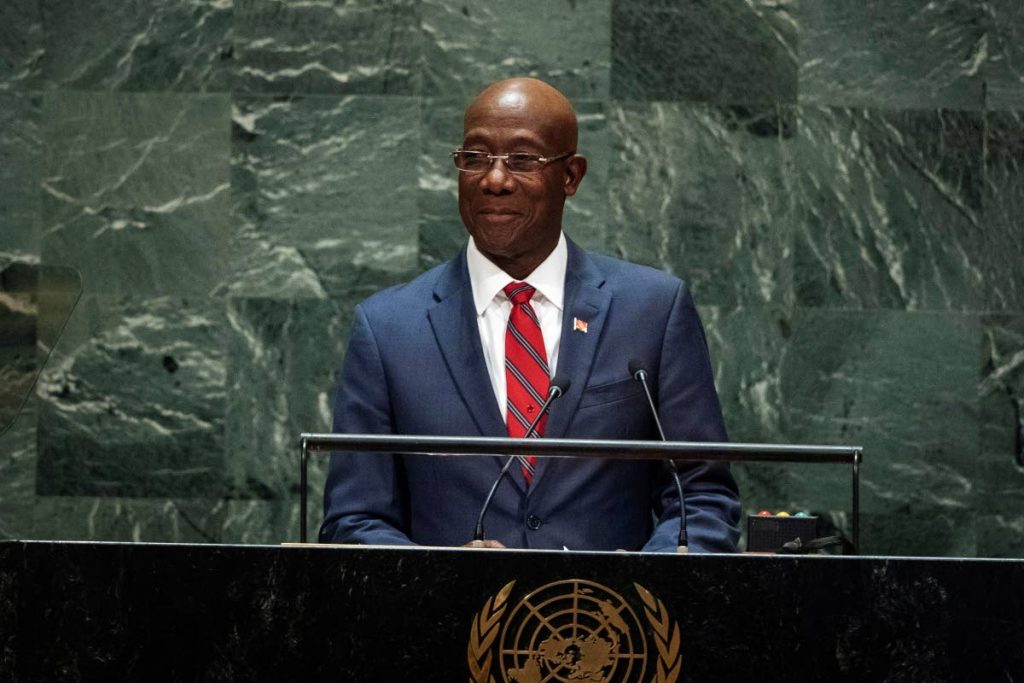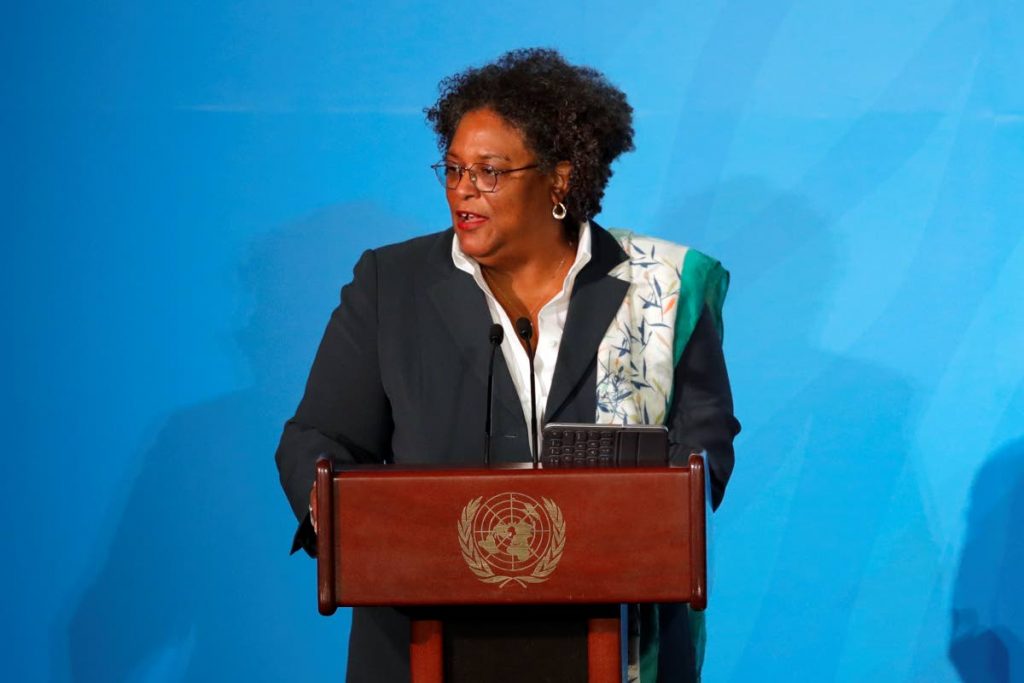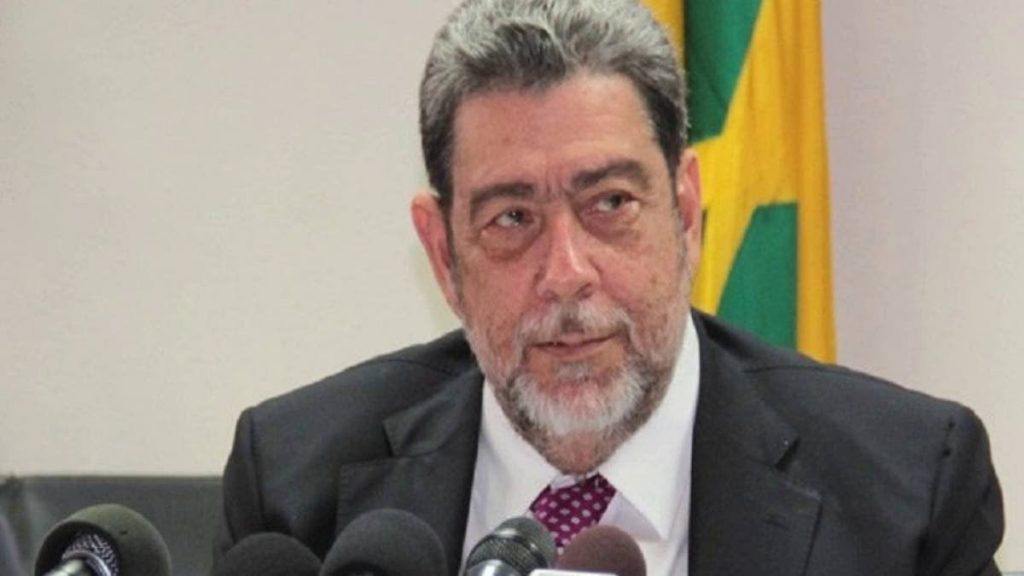Climate change to Cuba: Caribbean speaks out at UN

Climate change was the universal cause among Caribbean leaders at the United Nations 74th General Assembly’s General Debates late last month.
The annual gathering of world leaders, representatives of the 193 members of the United Nations, took place in New York from September 22-28, starting with the Climate Action Summit on September 23. The debates, focusing on the theme – Galvanising multilateral efforts for poverty eradication, quality education, climate action and inclusion, began with an address by UN Secretary General Antonio Guterres. Most Caribbean prime ministers spoke on September 27. As expected, given his country’s devastation at the hands of Hurricane Dorian, Bahamas' Hubert Minnis pleaded with the world to pay attention to the plight of small island developing states (SIDS) in the path of ever-more powerful hurricanes.
Jamaica's Andrew Holness implored international financiers to reconsider the criteria for Caribbean states trying to borrow to fund reconstruction and resilience work in the context of a changing climate.

Mia Mottley of Barbados reiterated the region’s desire for a peaceful resolution through dialogue on Venezuela, Antigua and Barbuda's Gaston Browne called for reparations for forced enslavement, Dr Ralph Gonsalves, of St Vincent and the Grenadines, asked for international consensus on medical marijuana, and TT's Dr Keith Rowley emphasised the dire predicament the Caribbean faces with the continued threat of de-risking hanging over the region’s collective banking sector. Business Day evaluates the themes of some of the region’s leaders to see just how unified the Caribbean’s voice was.
Climate change
This was undoubtedly the biggest topic in the region, as most if not all leaders referenced Hurricane Dorian, which stood near-stationary as a category 5 storm over Grand Bahama and the Abaco Islands for nearly two days in early September.
“Small island countries … around the world, are on the frontlines of being swallowed into an abyss, created initially by human activity and increasingly by inaction,” Minnis said.
The world can no longer ignore the reality of climate change, Mottley added, questioning the moral leadership of the world’s biggest economies that contribute the most to greenhouse gas emissions while SIDS, which contribute less than one per cent, bear the brunt of the impact of global warming.
“Climate change is not only about hurricanes. It is about floods, drought, wildfires, sargassum, our ability to provide drinking water and feed our people, to provide shelter. Our ability to live,” she said.
Financing
And as the Caribbean faces an ever-increasing annual onslaught of powerful hurricanes, bureaucratic technicalities impede the region’s ability to access financing. Many countries in the Caribbean are considered to be high or middle-income countries because of a distorted calculation based on GDP per capita. This excludes the region from many forms of emergency aid necessary for reconstruction after decimation from these powerful storms.

“It is abundantly clear that the international financial architecture (is) moving too slow to pivot, to address this new normal for SIDS like mine,” said St Lucia's Allen Chastanet.
The region often has to pool its own resources together, he said, but suggested a special-purpose vehicle, specifically for SIDS, in order to access the required financial aids for these projects. The debt incurred from these resilience efforts also needs to be reclassified so SIDS are not overwhelmed by repayment burdens.
Holness emphasised the challenge of highly-indebted middle-income countries (HIMIC), like many in the Caribbean, that are on the cusp of economic transition but “constrained by having to choose between high external debt repayment and catalytic growth spending.”

“The current policies that govern access to concessional financing windows do not allow us to access sufficient affordable long-term financing for sustainable development goal (SDG) investment and our capacity to mobilise public resources domestically is limited by our small size and vulnerability,” he said.
Blacklisting
These challenges are inevitably compounded by possible de-risking of the region’s banking system as developed countries continue to regard Caribbean as a tax havens. “We express grave concern regarding the unilateral insertion of some Caricom states including TT on the list of non-cooperative tax jurisdictions by a number of our international partners. The label of ‘non-cooperative tax jurisdictions’ has the potential to inflict irreparable damage to the reputations and economies of SIDS like ours. (We) calls upon our international partners to adapt a more collaborative, just and fair approach in addressing this issue,” said Rowley.
Cuba and Venezuela
Unilateralism, specifically, actions taken by the United States also came under fire by Caribbean leaders, as almost all leaders took a stand to support Cuba by calling for an end to the nearly 50-year-long trade embargo against that country, a Caribbean neighbour.
“The long-standing economic embargo on Cuba continues to be a cause of serious concern, and I reaffirm Barbados’ strong opposition to this unilateral action … This continued attempt to stop the people of Cuba from living with basic human dignity is unacceptable,” said Mottley, calling Cuba a treasured friend. Likewise, Venezuela was also core issue, with most leaders again (with noteworthy exceptions including Jamaica and Bahamas) calling for a peaceful resolution to the political standoff, as well as free and fair elections in country. “The sustained and coordinated attempts to engage in externally-imposed regime change in (Venezuela) is but one egregious example of the current trend. We are witness to an illegal economic blockade, eerily similar to the one against Cuba that we annually and overwhelmingly decry as immoral and anachronistic,” added Gonsalves, who blasted “hegemonic imperial hands (that) threatens to unleash war and disorder in unilateralist vainglory” when the world’s peoples want peace, dialogue, security and prosperity.

For more on the UN General Assembly, and to view the Caribbean leaders’ individual addresses, visit www.gadebate.un.org
Carla Bridglal is Newsday’s associate business editor. She is one of four 2019 UN Dag Hammarskjöld Journalism Fellows. Over the next two months she will be reporting from the UN in New York.


Comments
"Climate change to Cuba: Caribbean speaks out at UN"